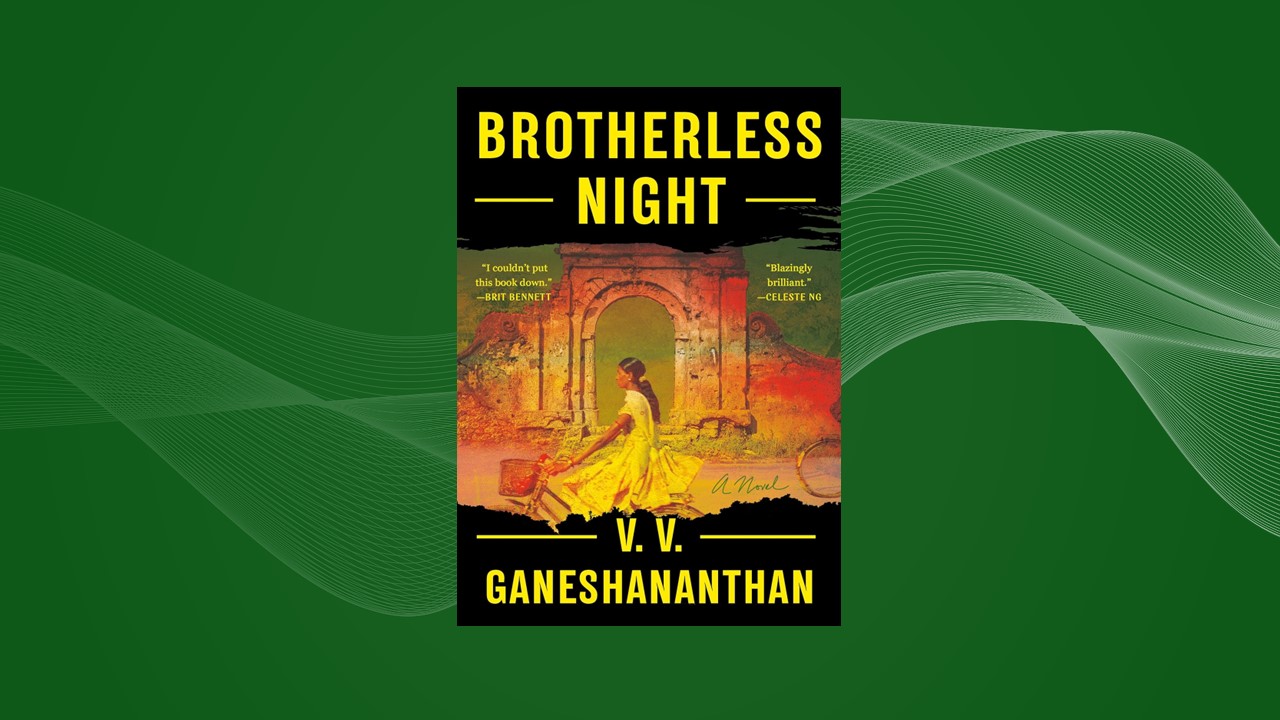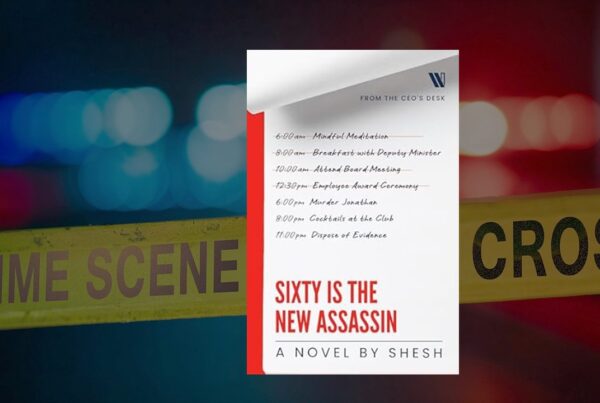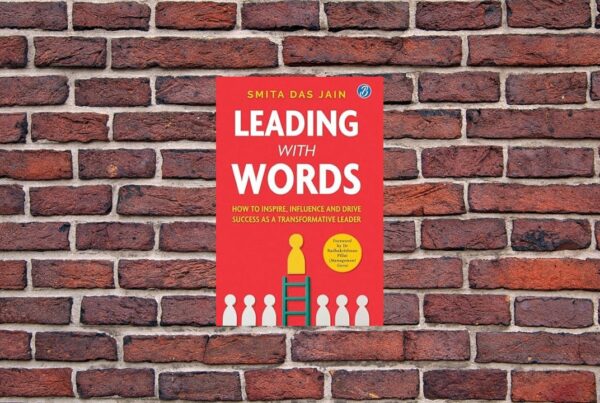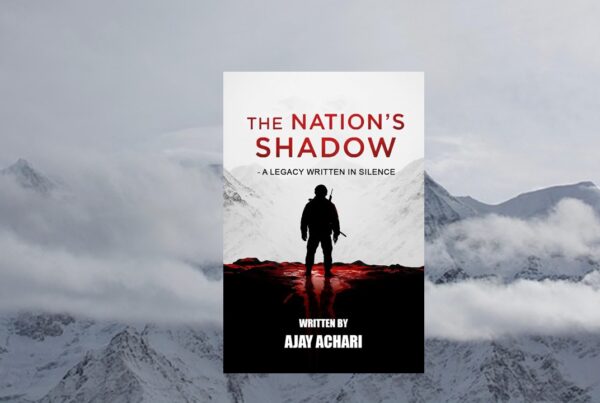V.V. Ganeshananthan’s Brotherless Night is a historical fiction set against the backdrop of the Sri Lankan Civil War. It is an intense and thought-provoking narrative of how conflict transforms people and tears families apart. The book chronicles events in Sri Lanka from 1981 to 1989 and concludes twenty years later in New York. It is written as a first-person narrative through the eyes of the protagonist, Sashikala Kulenthiren.
Sashi lives in Jaffna with her parents and her brothers. She adores her brothers; the eldest is a doctor, her second brother works in a library, the third aspires to be an engineer, and the youngest is a student. Sashi, like her Periannai, aspires to be a doctor and prepares for her exams.
Sashi’s family belongs to the minority Tamil community that is discriminated against by the Sinhalese majority Government. Small skirmishes escalate into full-blown riots across the country. People go missing, and dead bodies lie discarded on the streets. In the violence that ensues, one of Sashi’s brothers is killed.
Subsequently, young Tamil boys join different militant groups to retaliate against the killings, demanding a separate Tamil state. Two of Sashi’s brothers and their friend ‘K’ join the Tigers, a separatist group, to avenge their brother’s death and support the cause. Amidst this turmoil and heartbreak, Sashi begins her medical studies at Jaffna University and volunteers at a field hospital in her free time.
When an act of violence by the Tigers shakes her faith in them, Sashi questions her allegiance. She realizes that they have become the very people they oppose, eliminating rival factions and killing anyone who stands in their way. She holds onto the last shard of hope, praying the tide will turn. She wants the war to end and her surviving brothers to return home so they can live like they used to. She discovers there are choices we make, paths we choose, some of which have no return. Her loyalties are divided, leaving her deeply conflicted.
Sashi’s relationship with Dr Anjali, her professor and mentor, stands out. Anjali is one of the strongest and most admirable characters in the book. She is fearless, outspoken, and well-respected. She believes in the power of sisterhood and leads the feminist movement at Jaffna University.
The author highlights the silent suffering of women whose families are destroyed or are victims of war crimes themselves. Many mothers lose their sons to the cause, or the suffering inflicted upon them by the army. The image of the Mother’s Front demanding their arrested sons be returned to them and taking to the streets to march invokes goosebumps. Even a war cannot diminish a mother’s unconditional love and courage.
The author’s words brim with outrage, anger, frustration, and empathy. As a reader, your heart goes out to those living in constant fear amidst the firing and shelling, and going to bed not knowing if you will wake up the next day. Civilians from both sides suffer and are let down repeatedly by the government, the Tigers, and then, the peace-keeping forces.
The lines are melancholy and hauntingly beautiful, punching you in the gut. Here are some excerpts:
‘We were civilians first. The word terrorist is too simple for the history we have lived. We begin with this word. Someday the story will begin with the word civilian, with the word home.’
‘There is no single day on which a war begins. The conflict will collect around you gradually, the way carrion birds assemble around the vulnerable.’
‘I wanted a life on the other side of the war’s looking glass, the future we might have had, which no longer existed.’
‘A working-class girl who narrowly escaped assault filed a complaint. For her bravery and honesty, much of Jaffna thanked her with a rumour.’
‘Some people tell the story in one way, some people in another. Don’t make the mistake of thinking the different versions are the same; don’t make the mistake of thinking the different tellers have the same kind of freedom.’
The author’s research is exemplary; characters like K and Dr Anjali Premachandran are inspired by real-life revolutionaries and thinkers. The detailing is meticulous, and the wording is simple yet powerful. It is interspersed with Tamil words to portray a vivid and authentic picture.
Brotherless Night is a compelling read that paints a grim portrait of war, raising uncomfortable questions about its futility. Sadly, these questions are relevant even today. A disturbing but also immensely thought-provoking read, with many lines that stay with you long after.




